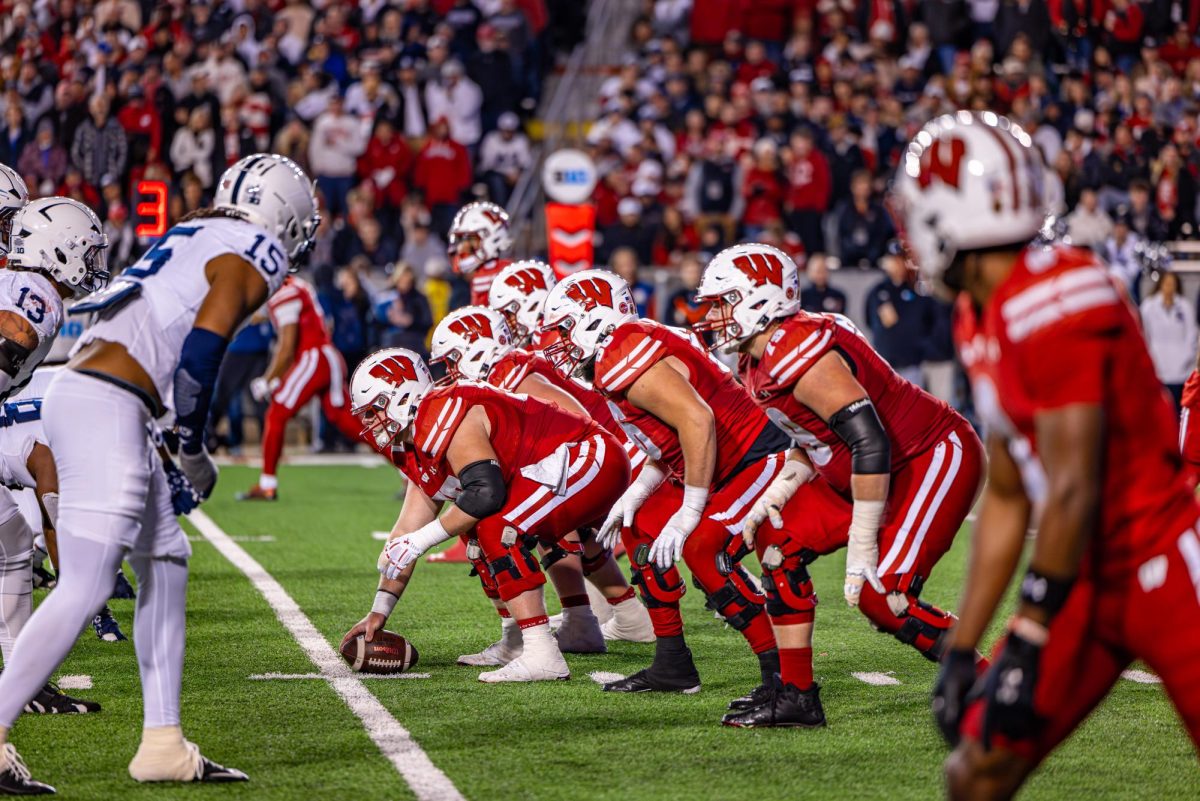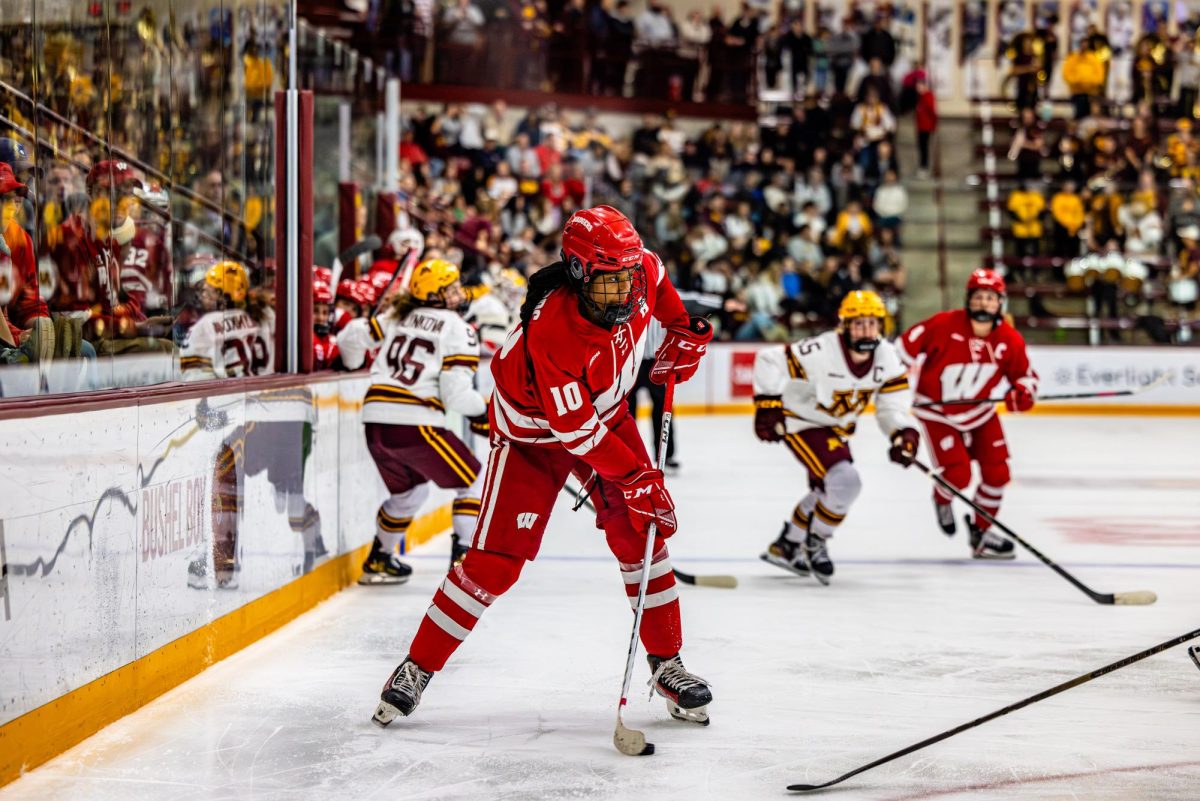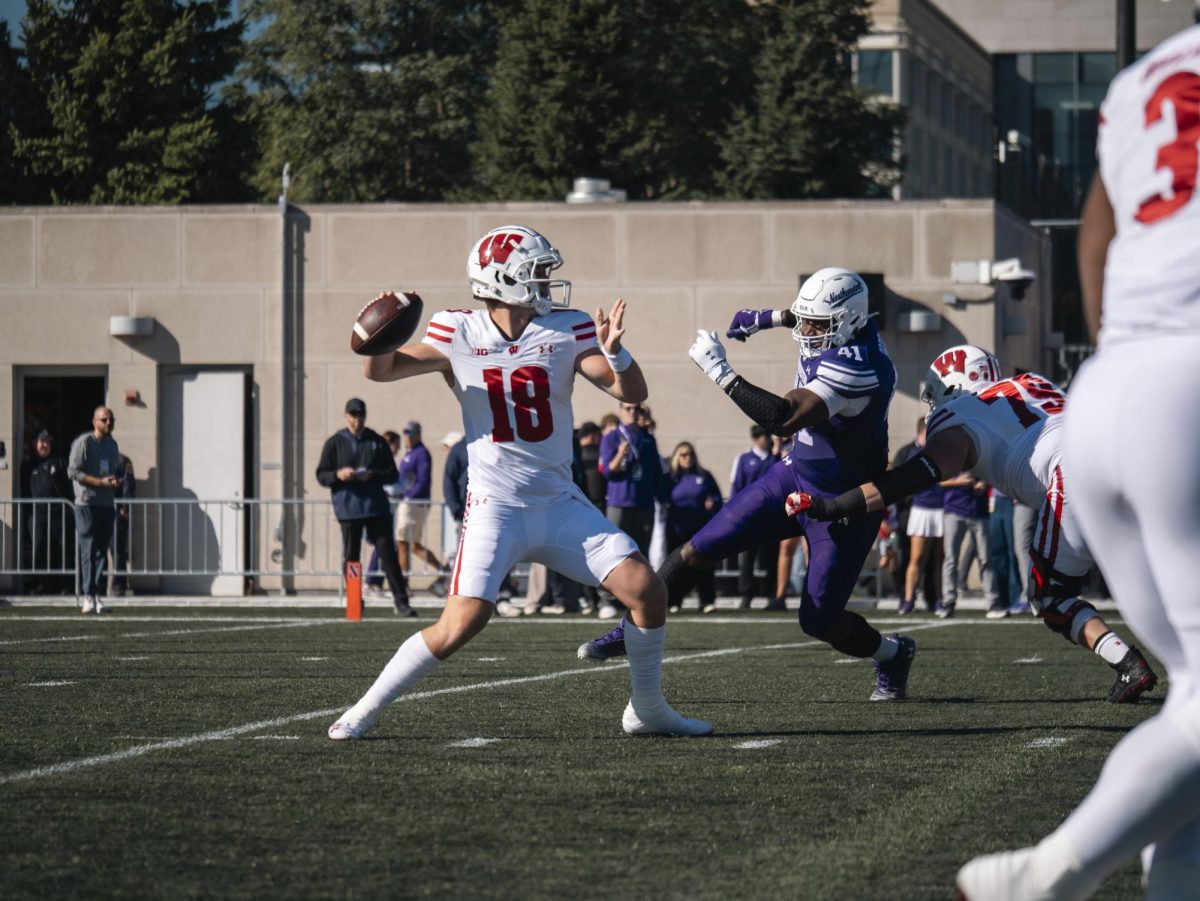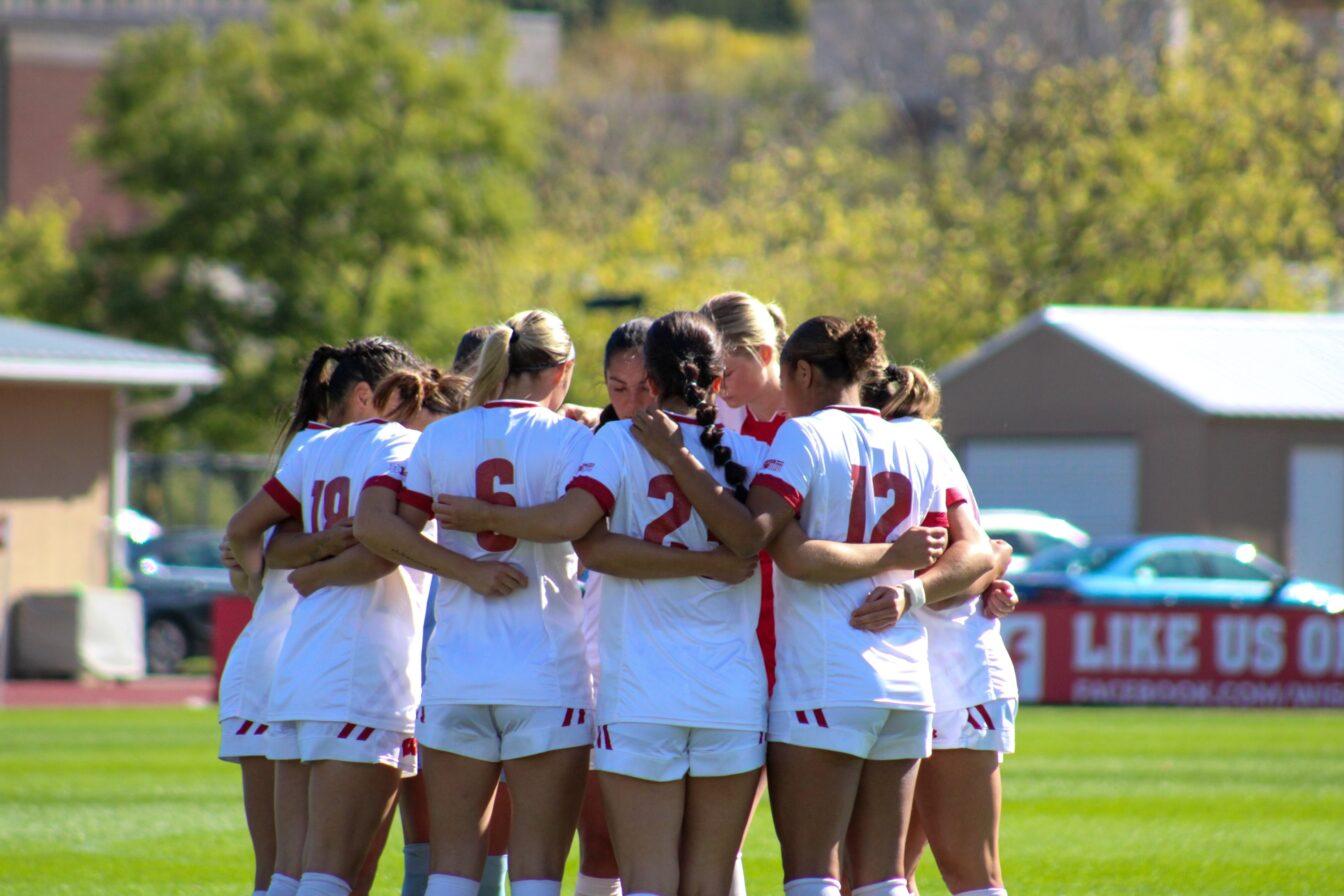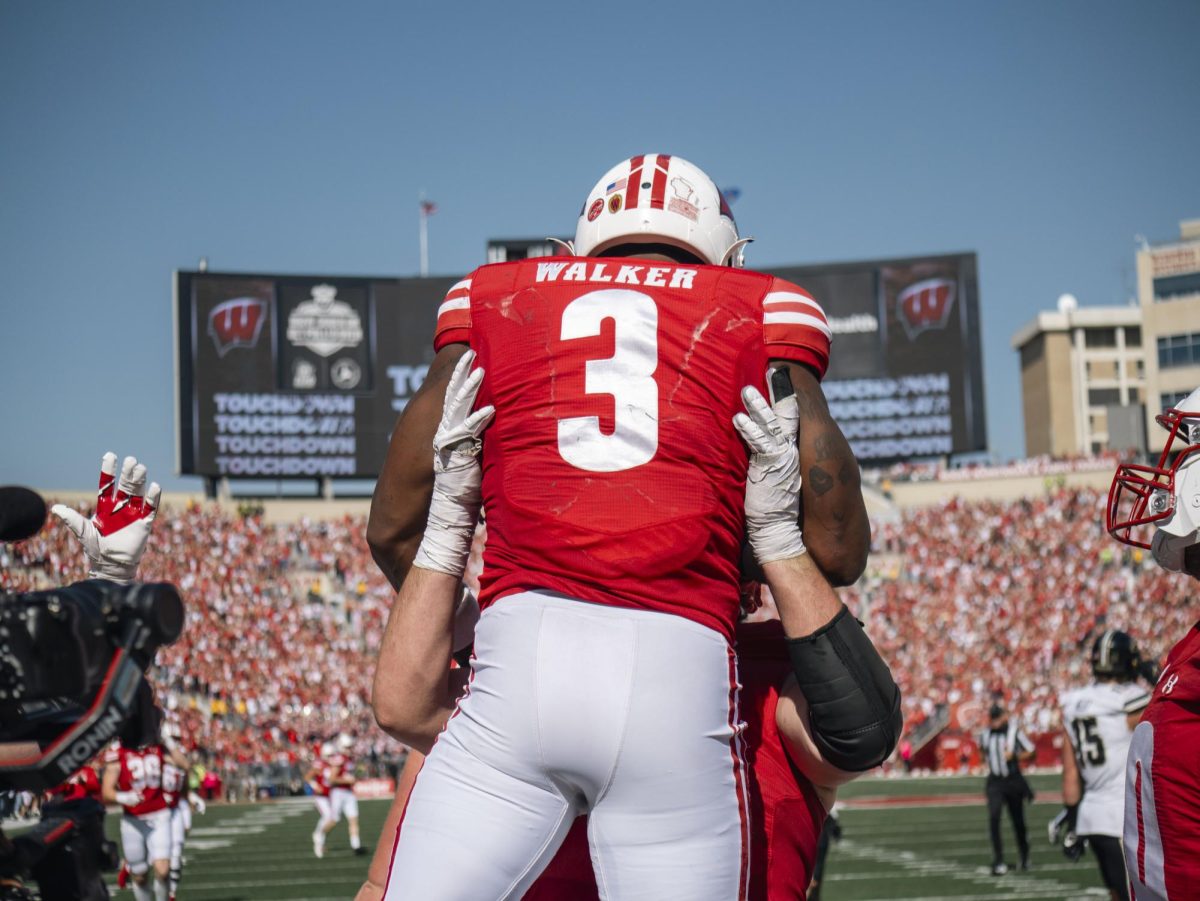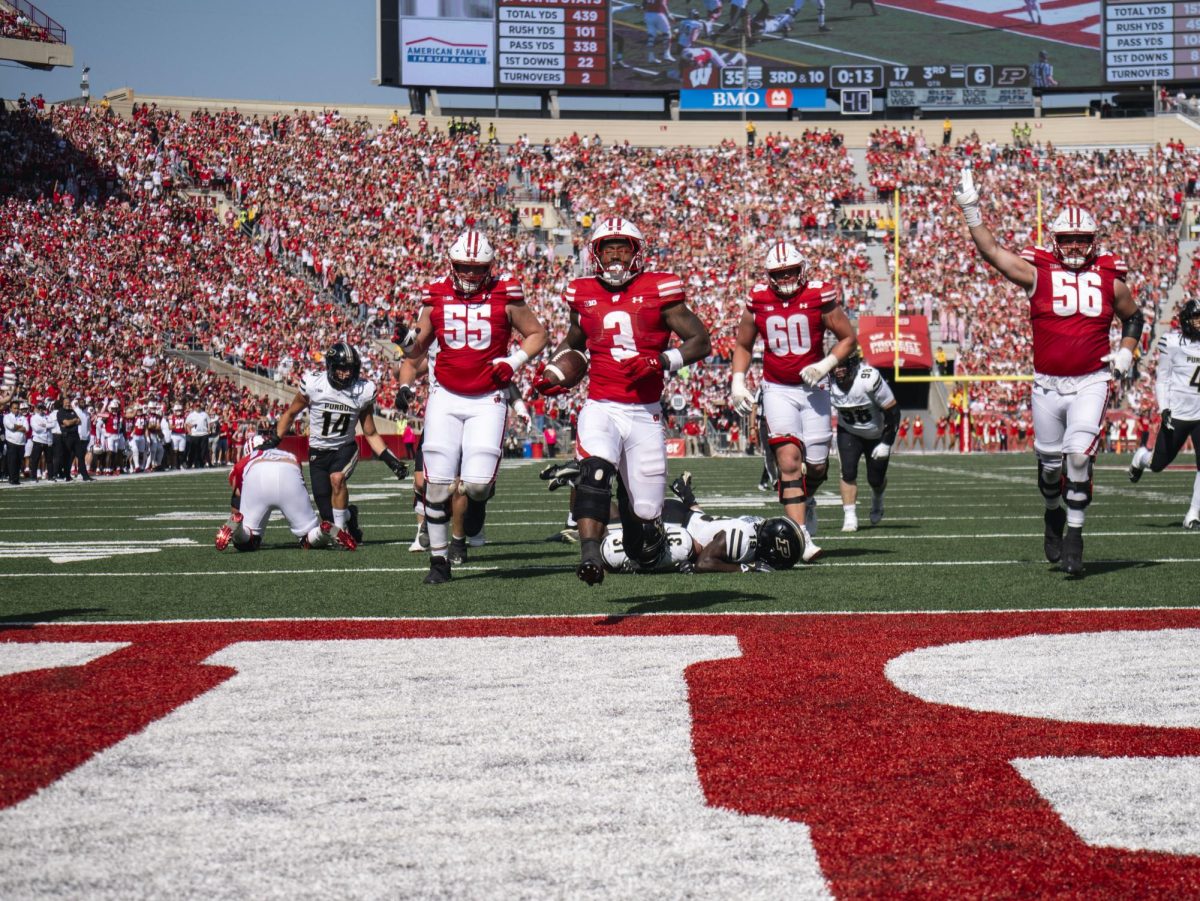After this past weekend?s college basketball games, the nation learned that rankings, prestige and reputation are nearly pointless aspects of the sport. What makes games so exciting isn?t that the best teams win, but rather, when they lose.
This week, so many teams were upset by lower seeds that it is quite difficult to count them all. The biggest ones were obviously No. 1 North Carolina losing at home to Maryland, and ninth-ranked Indiana?s home loss to unranked Connecticut.
Maybe these upsets come as a big surprise, but after a rather unusual college football season, where nearly every team in the top 10 national ranking couldn?t hold its spot, the fact remains that in college sports, no team is a sure pick to win.
Even so, for the average viewer, it shouldn?t be so surprising to see the best teams lose. When Tennessee lost to Florida Jan. 24, it was indeed a spectacular upset. Regardless, in a rivalry and during conference play, one could expect Florida to overachieve.
Like in college football, or in any major upset, several factors play into a team?s ability to win any given game.
The first and most obvious factor is that college players, unlike professional ones, are more prone to choke under pressure, especially when playing in a hostile environment like Duke?s Cameron Indoor Stadium. Being heckled and yelled at, not being able to hear your coach and non-stop jumping can seriously affect the way college athletes perform.
Second, strong teams often underestimate lowly, unsuccessful ones. This was evident in No. 11 Pittsburgh?s 25-point loss to Dayton. At the time, Dayton was unranked, and Pitt?s soft play allowed Dayton to shoot 52 percent from the field en route to a major upset at the time.
Third, individual defensive matchups can change the outcome of a game. This fact was particularly noticeable in Indiana?s loss to Connecticut, where IU?s Eric Gordon was effectively shut down by Connecticut?s strong pressure defense, forcing him into bad shots and ultimately stopping the main source of the Hoosier offense.
Finally, on any given day, a team?s main source of scoring could lose his shooter’s touch, resulting in a reliance on the team?s bench and often forcing many difficult shots. For example, in last year?s NCAA Tournament, Wisconsin?s Alando Tucker went ice cold from the field against UNLV, resulting in a huge and unexpected upset over the Badgers.
What separates the good teams from the bad ones, though, is that when a good team gets upset, it looks at its mistakes and improves upon them. After losing a big game, the better team, even though it lost, will still prove to be a formidable opponent for the rest of the season.
Furthermore, it is necessary to realize that in history, few teams have gone an entire regular season undefeated. The last team to do so was UNLV in 1991, only to lose to Duke in the Final Four. So, perhaps the only way for college teams to truly understand how to succeed and play well against less talented teams is to be upset by one in a big game.
But when it is all said and done, teams can end up on a slippery slope to a very disappointing season. Look at Texas A&M, for example. After starting off their season on a very impressive note, the Aggies lost three straight games, culminating with a big five-overtime loss to Baylor. Now, A&M has dropped from a top 10 team to No. 23 in the country.
Those are the type of drop-offs that will not only ruin a team?s reputation but will allow the teams against which it plays to contend with more confidence.
On a different note, the lower-ranked teams that upset the higher ones often take what they can from its big victories and turn their seasons into relative successes. Florida, for example, blew out No. 14 Vanderbilt, and now as a result, the Gators are ranked No. 20 in the nation, far surpassing any preseason predictions.
Beyond all of these wins, losses, upsets and blowouts, the fact remains that the top teams will be the ones competing for a national title at season?s end. Indiana and North Carolina will likely win their respective conferences, and surely those great teams, like UNC, will bounce back and grab hold of a No. 1 or 2 seed in March?s NCAA Tournament.
Moreover, the teams that are upset can either become better or worse after their loss. When faced with that challenge, however, only the well-coached and strong teams will rebound and transform into a more potent force in their conference and ultimately in the bigger games it plays throughout the season.


